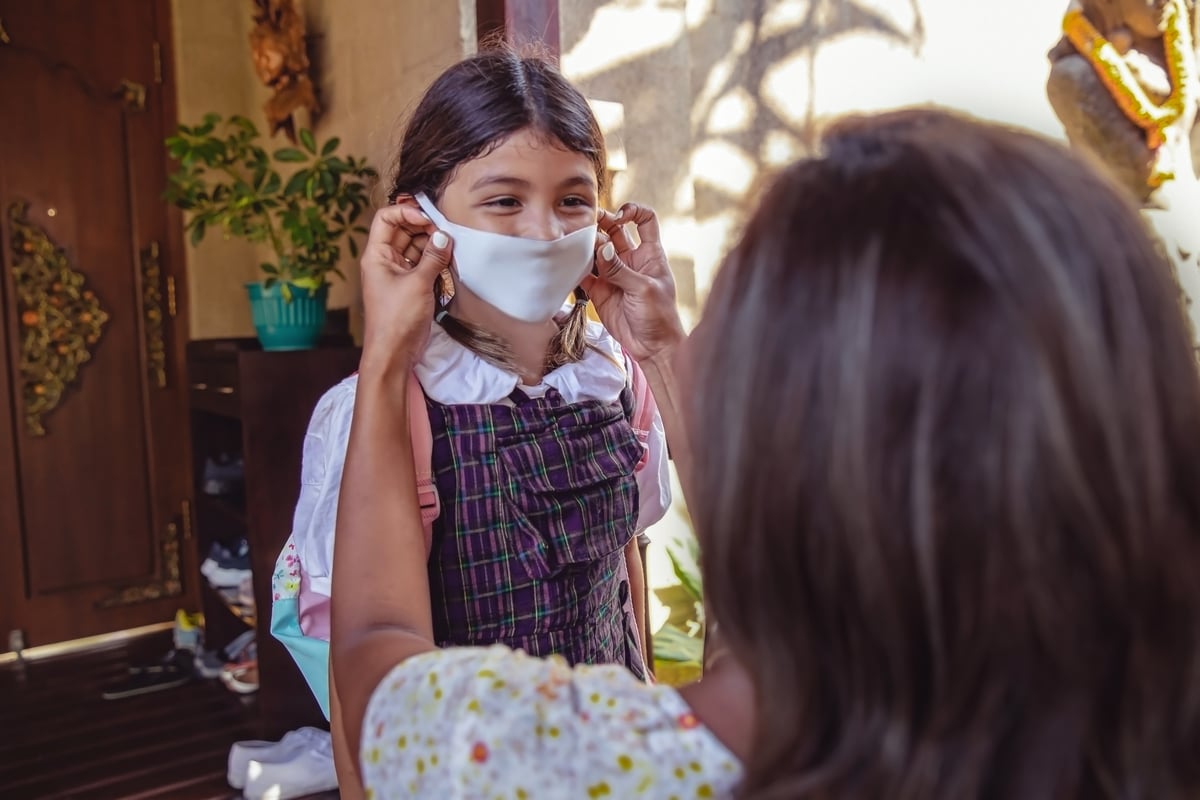
During the pandemic, our daughter was supposed to start preschool. We opted out because we didn’t want to take the risk. For a year, playdates stopped. Story time at the library was on hiatus. Playgrounds were cordoned off. Indoor play gyms were closed. Activities were put on pause. We were at home, socialising with ourselves and anyone we could over the phone.
Then this year, our daughter entered kindergarten. She was excited to start school. She kept telling me she couldn’t wait to meet other kids and play with them.
Although she was eager, I was apprehensive. I was riddled with anxiety for weeks before her first day. I was nervous about how she would interact with other kids.
The horoscopes homeschooling their kids. Post continues below.
How will she adjust to the new routine? Being apart from me? Being away from home? Being by herself with no one she knew? With kids who also didn’t get to socialise much?
After the first week, we went over to my parents for dinner. The first thing my dad asks when he sees her is, "How many friends did you make at school?"
My daughter stares and doesn’t answer him. His face looks concerned. Then he leaves to check on dinner. As I’m dropping some things off in the kitchen, I could overhear him chatting with my mum, "She didn’t answer me when I asked her how many friends she made at school. I hope she’s getting along with her classmates. She’s been isolated from other children this whole time. I heard on the news kids don’t know how to socialise anymore because of the pandemic."


Top Comments